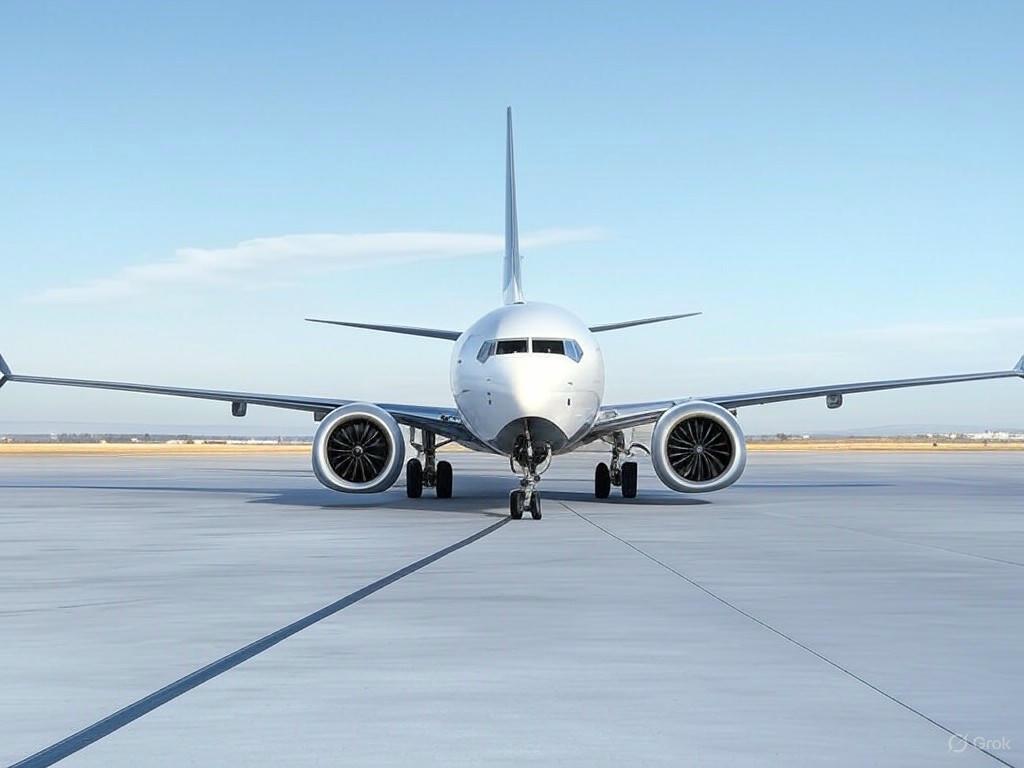In a startling development for the aviation industry, the National Transportation Safety Board (NTSB) has raised a critical alarm regarding the engines of the Boeing 737 Max, one of the most widely used commercial aircraft in the world. This rare safety bulletin, issued with urgency, underscores potential risks that could affect the safety of countless passengers and crew members. The advisory comes at a time when Boeing is already under intense scrutiny following previous issues with the 737 Max, and it has sent ripples through the business and travel sectors.
The NTSB’s warning focuses on specific components within the jet engines that may pose operational hazards under certain conditions. While the exact nature of the defect has not been fully disclosed to the public, early reports suggest that the issue could lead to unexpected performance failures during flight. This development is particularly concerning given the aircraft’s history of safety challenges, which led to a global grounding of the fleet between 2019 and 2020 after two tragic crashes. Airlines and regulators worldwide are now on high alert, with many reevaluating their maintenance protocols and inspection schedules to mitigate any risks. Boeing, for its part, has pledged full cooperation with the NTSB and other regulatory bodies to address the concerns swiftly.
The implications of this safety bulletin are far-reaching for Boeing’s reputation and the broader aviation market. The 737 Max is a cornerstone of many airline fleets, and any disruption to its operation could result in significant financial losses due to grounded planes, canceled flights, and costly repairs. Industry analysts are closely watching how Boeing handles this crisis, as the company’s stock prices have already shown signs of volatility in response to the news. Moreover, consumer confidence, which took years to rebuild after the earlier incidents, could be shaken once again. Airlines may face tough decisions about whether to continue operating the affected aircraft or temporarily switch to alternative models, a move that could strain budgets and disrupt travel schedules.
As investigations unfold, the NTSB has urged all stakeholders—airlines, pilots, and maintenance crews—to remain vigilant and adhere to any interim safety guidelines issued in the wake of this bulletin. The board is also collaborating with international aviation authorities to ensure a coordinated response, given the global reach of the Boeing 737 Max. For passengers, this news serves as a reminder of the complexities behind ensuring air travel safety and the importance of rigorous oversight in the industry.
Looking ahead, the resolution of this engine issue will likely shape Boeing’s future trajectory and its standing in the competitive aerospace market. The company’s ability to address the problem transparently and effectively will be critical in maintaining trust with regulators, airlines, and the flying public. As the situation develops, the aviation world waits anxiously for updates, hoping for a swift and safe resolution to this latest challenge facing the Boeing 737 Max.
